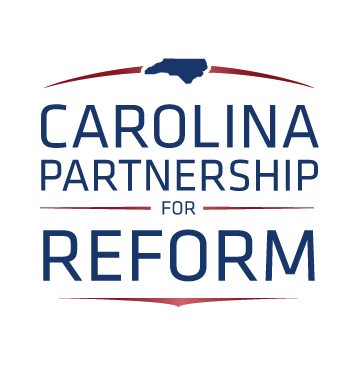How Protectionism in Doctor Licensing Hinders Health Care
North Carolina’s system of health care is a behemoth of byzantine regulations, often elevating special interests over consumer needs. Licensing for internationally-trained doctors offers a case in point: Such physicians must clear unreasonable, duplicative hurdles in order to practice here, contributing to higher health costs and provider shortages.
Why the archaic licensing regulations? The doctors’ lobby likes it that way. Think job security, not free markets.
The result is a policy that makes little sense. “Doctors licensed outside the United States must currently find a faculty position at a North Carolina medical school or else repeat multi-year residency training before they can obtain a medical license,” Cicero Institute leaders wrote in an editorial.
This is health care protectionism. It safeguards the jobs of some trained doctors and prevents other trained doctors from practicing. This government mandate keeps the supply of doctors lower than it otherwise would be, which means longer wait times and higher costs. “Reduced competition among qualified physicians inevitably leads to higher prices for physician services and generally reduces the quality of care,” an earlier government study noted of restrictions on foreign-trained doctors.
Meanwhile, a new report forecasts a deficit of 7,725 physicians in North Carolina by 2030. Already, North Carolina lags behind many states based on physician supply. According to the most recent data from the Association of American Medical Colleges, North Carolina ranks:
· 28th in active physicians per 100,000 population.
· 33rd in active primary care physicians per 100,000 population.
· 37th in the percentage of active physicians who are international medical graduates (15.7% in North Carolina versus the state median nationwide of 19.7%).
Moreover, with Medicaid expansion well underway, provider access gaps are likely to widen in North Carolina’s rural counties. As of early April, nearly 417,000 new Medicaid members had signed on due to expansion, with one-quarter of them from rural areas.
Modernizing the pathway to international doctor licensing
Fortunately, there’s a practical step lawmakers can take right now: Grant physicians trained abroad a license to practice without requiring costly, duplicative training. In fact, this is a policy prescription many state lawmakers have already embraced. House Bill 125, which the North Carolina Senate passed unanimously last June, included a provision permitting international doctors to obtain a license to practice at a hospital or rural medical facility without repeating residency training.
The bill also provided sensible guardrails to ensure proper medical training and expertise before licensing, requiring:
Two years of post-graduate training or extensive experience practicing medicine, following medical school completion.
Current or recent licensure in good standing in a foreign country.
Medical competency, as evidenced by examination results, specialty board certification, or other assessment.
At least five years’ experience practicing medicine.
A clean record, with no license revocations, suspensions, restrictions, or denials.
Despite these and other safeguards, the doctors’ lobby opposed the bill when it moved to the House. As a result, the final conference report did not include licensing. That’s a shame.
Other states aren’t waiting to act. Last spring, Tennessee lawmakers passed a bill removing “redundant” residency requirements for international doctors—the first state to do so. After working for two years under a provisional license, these doctors may obtain a full Tennessee medical license. This spring, Florida and Virginia also passed legislation making it less complicated for doctors trained abroad to secure a license, with proposals on the table in additional states, too.
It’s time to modernize licensing for foreign-trained doctors here in North Carolina as well. Failure to do so perpetuates a policy of health care protectionism, shielding the few at the expense of many.

